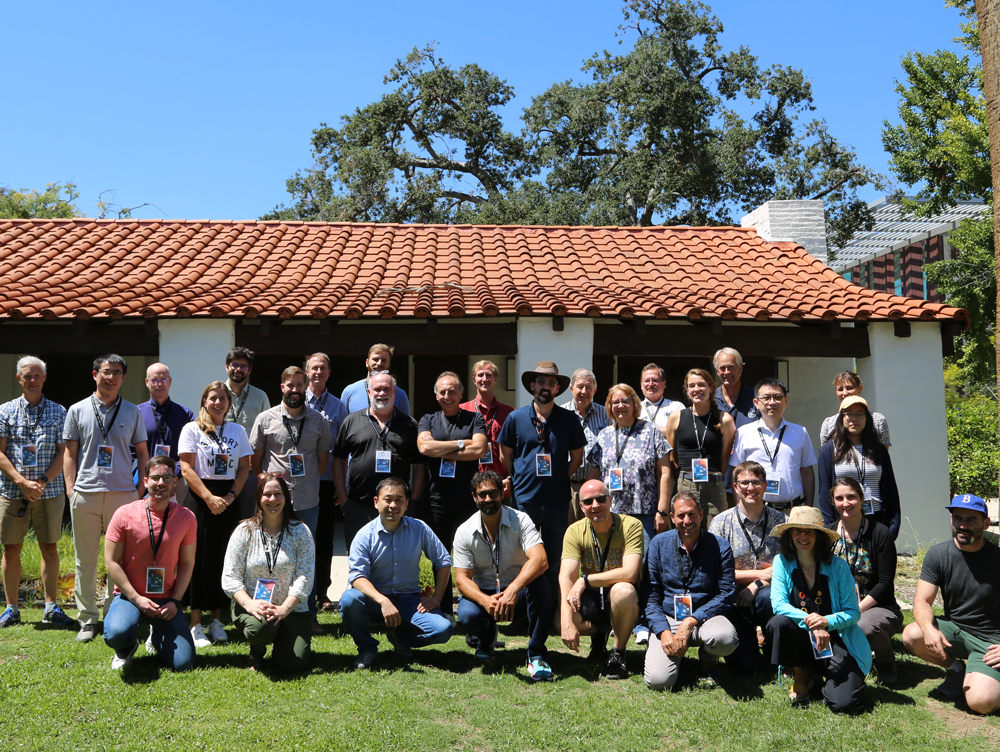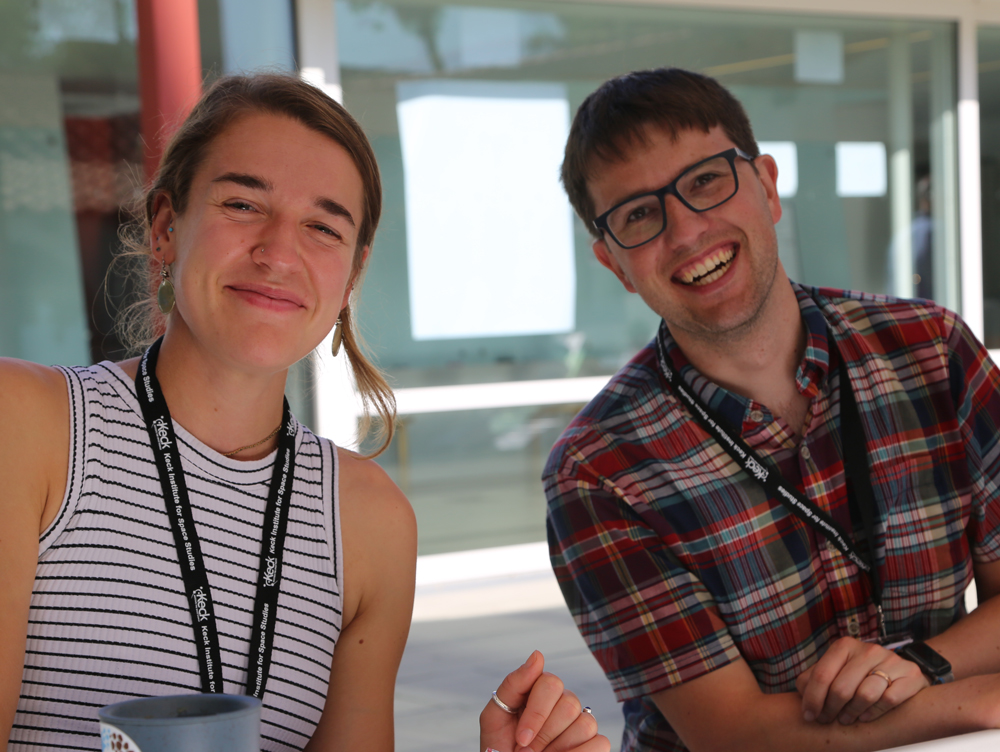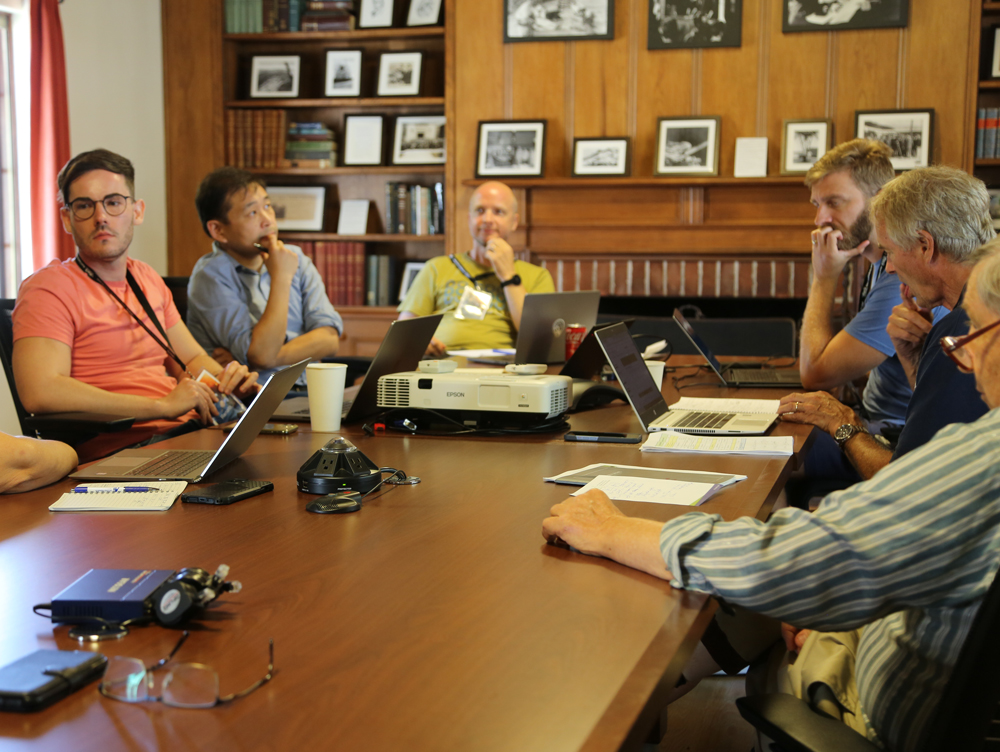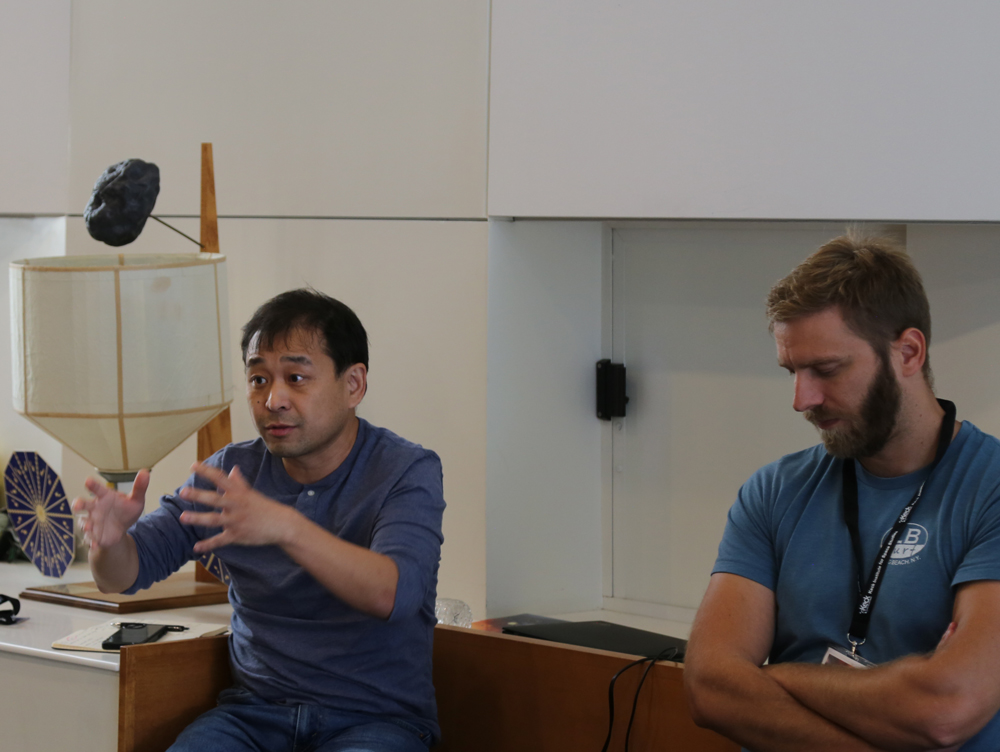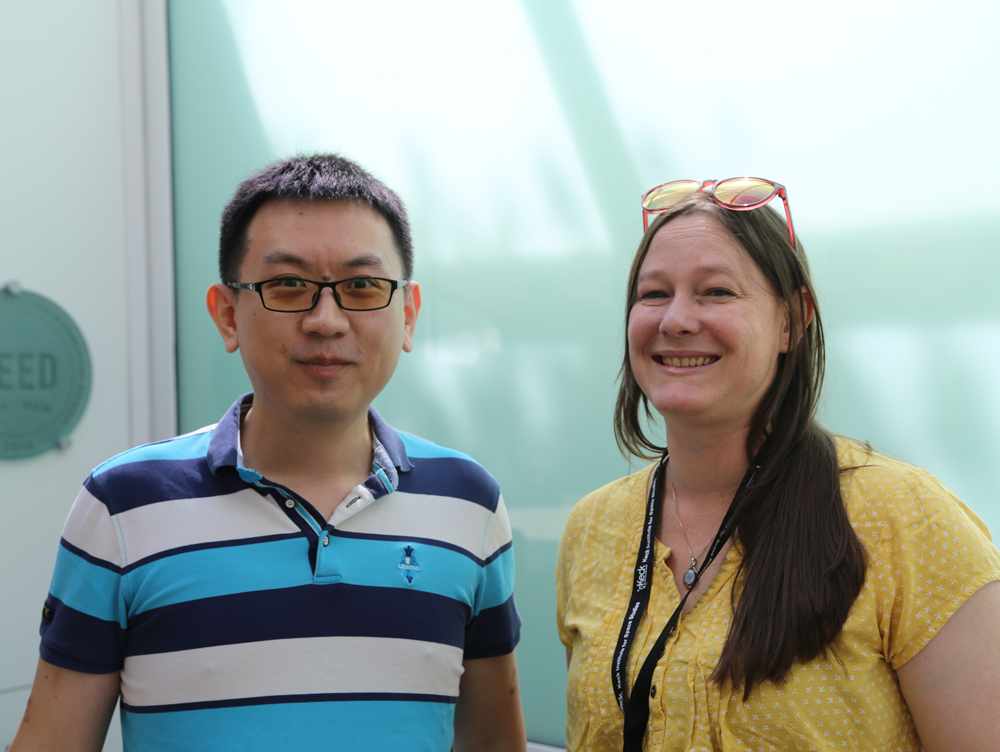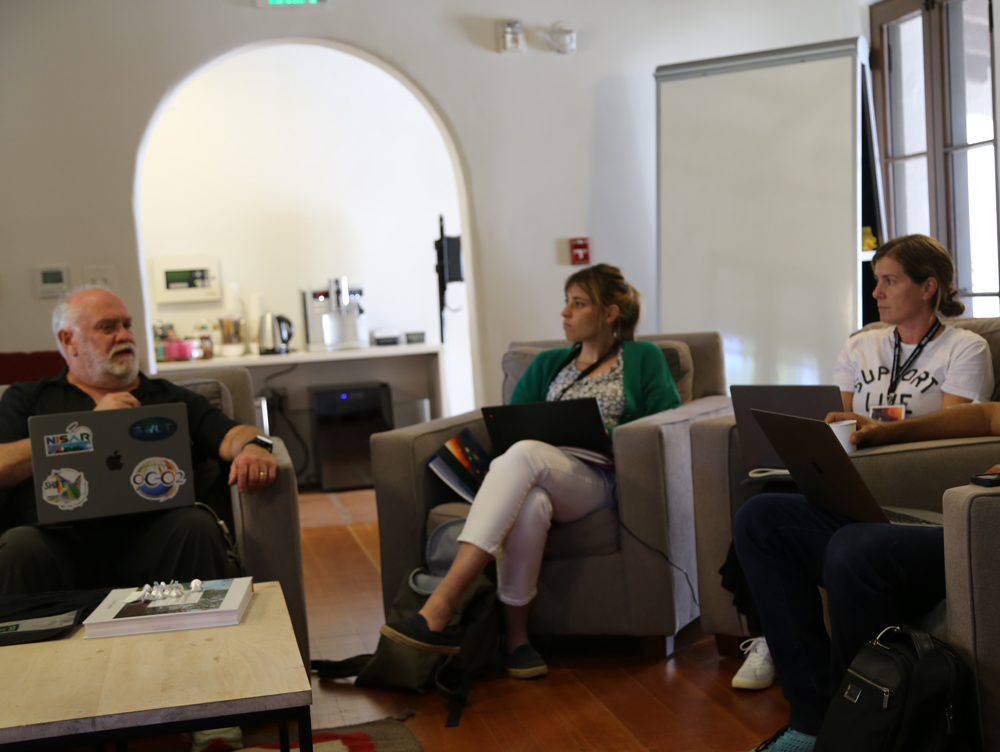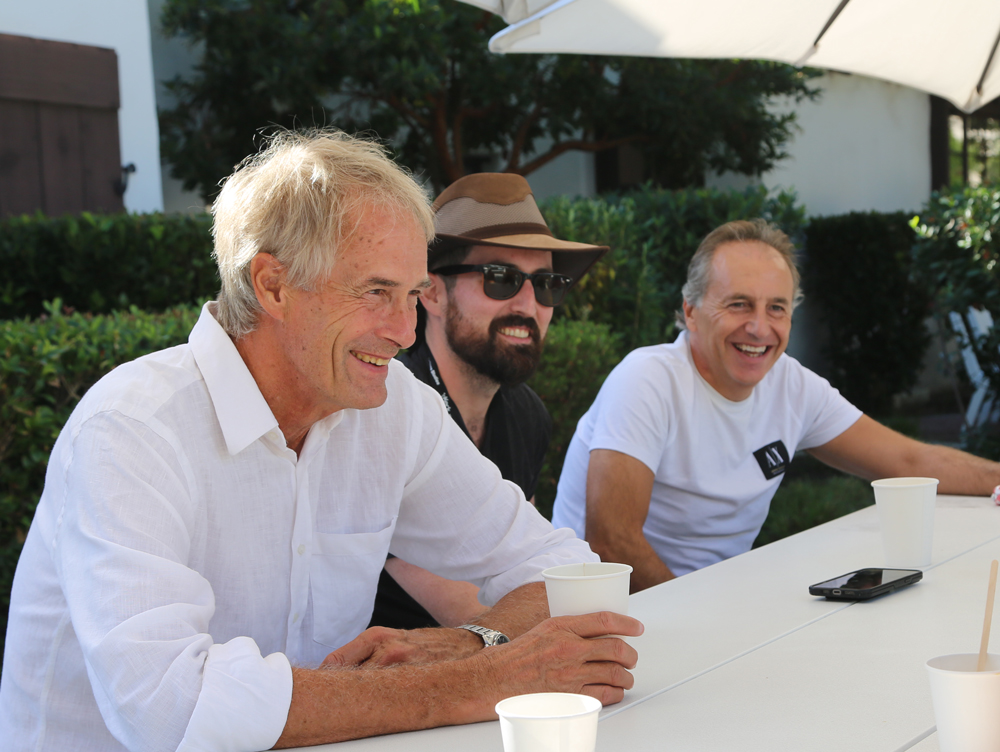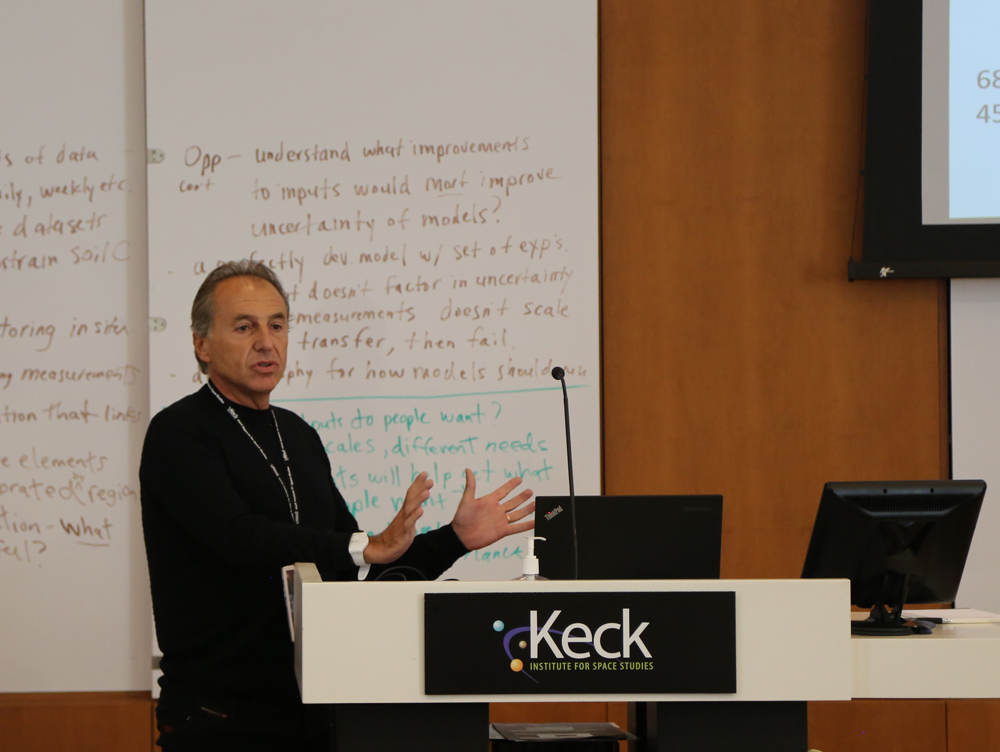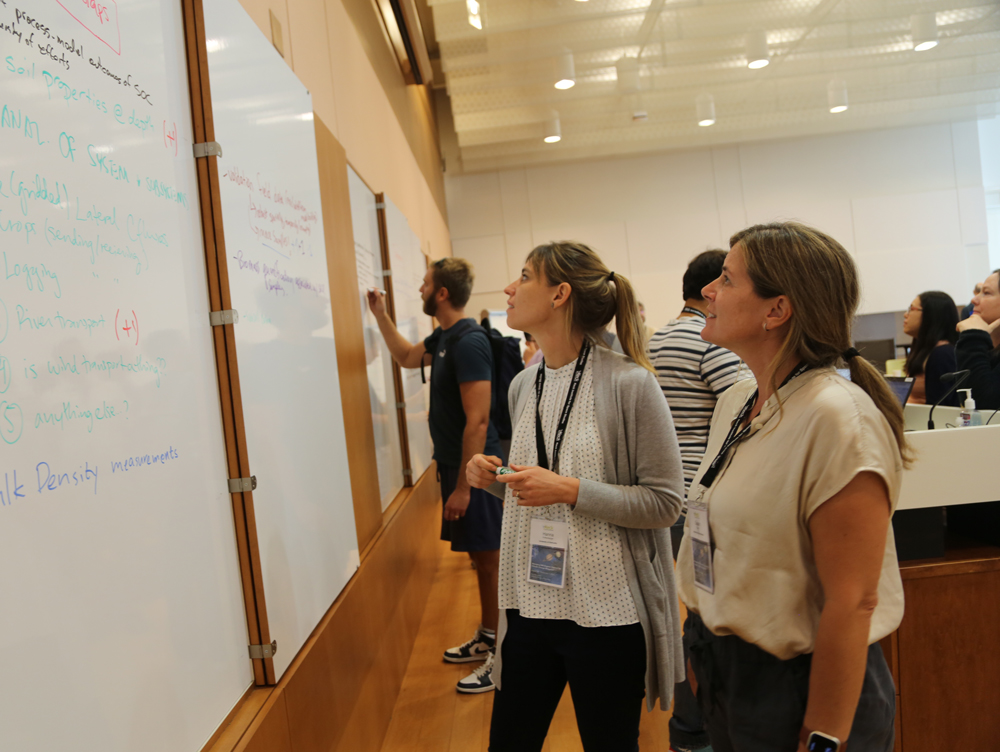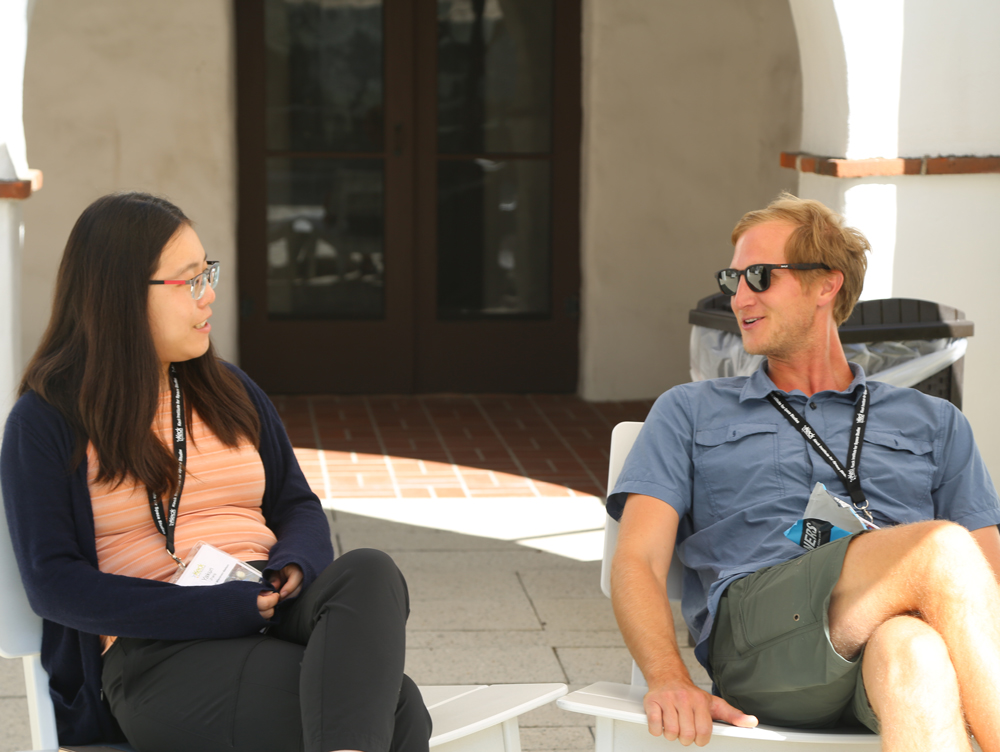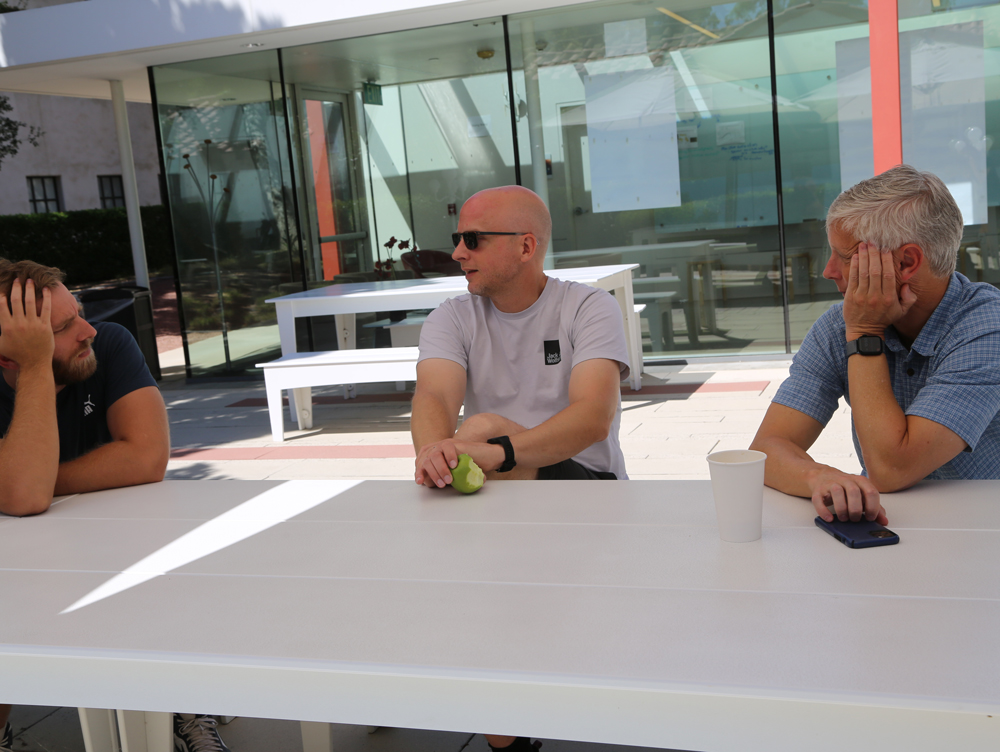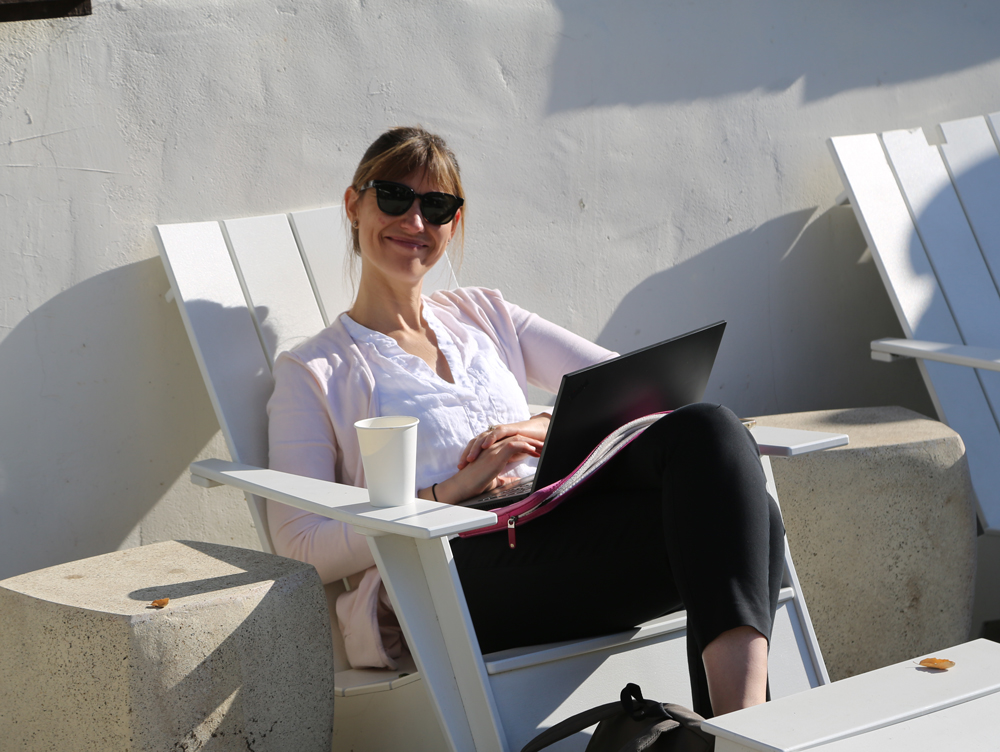Workshop Overview:
Mitigating climate change by halting (and then reversing) the buildup of greenhouse gases in the atmosphere is a critical challenge which must be addressed by all sectors of the global economy, including how we manage land. Historically, carbon stocks in agricultural soils have been deleted through degradative management; by adopting new regenerative management practices, farmers and ranchers can rebuild carbon stocks and improve soil health and sustainability. Hence, soils have the potential to contribute as a ‘carbon sink’ to reduce CO2 levels in the atmosphere as part of global ‘decarbonization’ efforts. However, effective policies and programs to incentivize soil organic carbon (SOC) sequestration efforts require the development of robust, cost-effective tools to quantify soil carbon stock change and greenhouse gas emissions.
Soils offer an attractive ‘natural capital solutions’ approach to atmospheric CO2 removal and climate change mitigation, but accurately quantifying soil organic carbon (SOC) stock changes (and hence CO2 removal) at landscape to regional scales is a major challenge. Our workshop will be used to develop a credible framework for a comprehensive SOC data analysis, modeling and prediction system that will enable accurate tracking of SOC changes from landscape to regional and national soils. The workshop will review the current state-of-the-art in model-data systems for soil carbon measurements, assess key knowledge and technical gaps, and develop an operational blueprint for a novel integrated modeling and data fusion system that can be applied at landscape to regional scales.
Our workshop goal is to design a novel, scalable SOC quantification platform that integrates remote sensing, field experimental and on-farm monitoring data, with linked process-based and machine-learning ensemble modeling, data assimilation/fusion of remote sensing observations and farm scale activity data.

